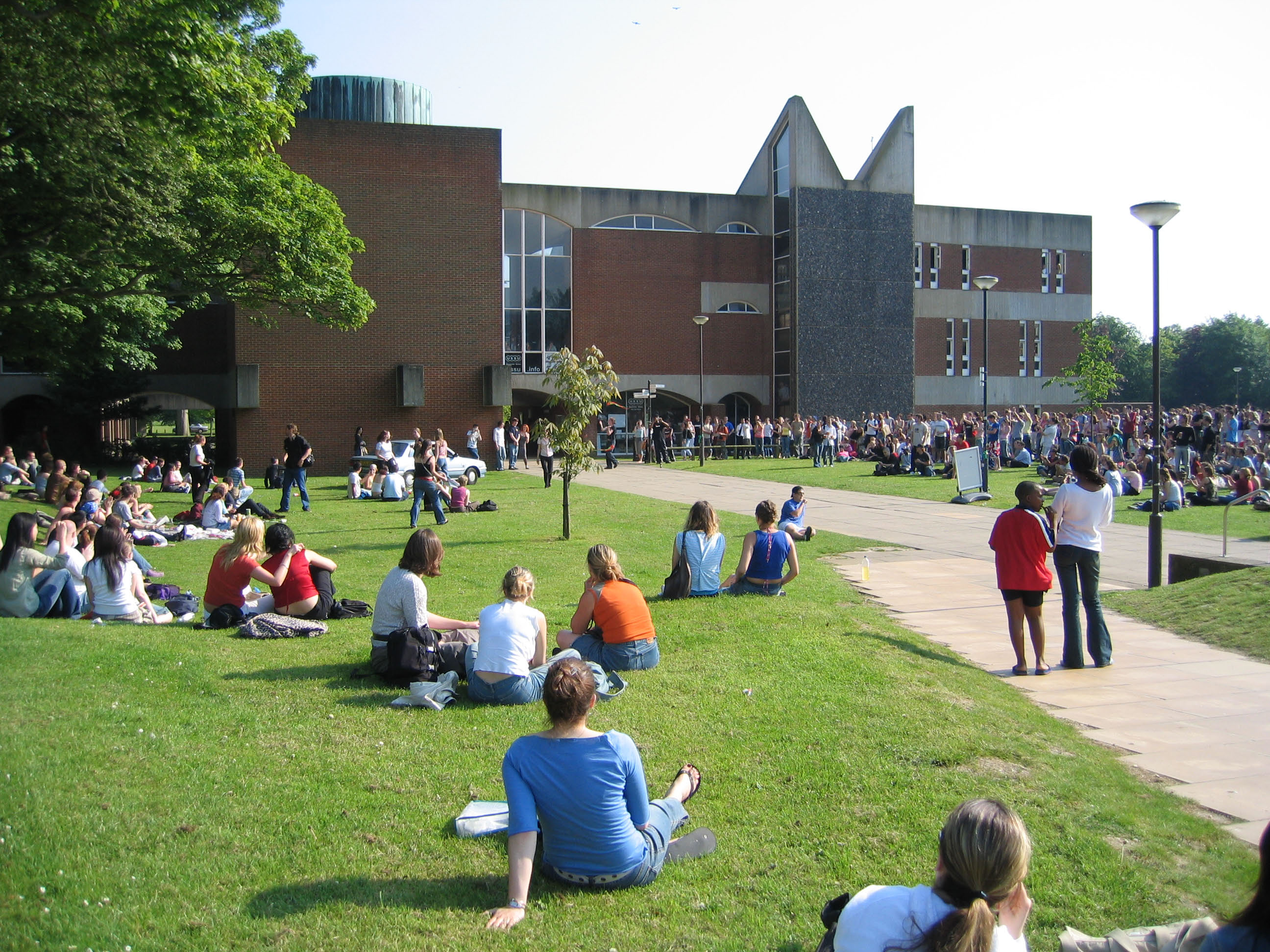Students in Sussex could be seriously affected by a new law that would see undergraduates in groups of 3 or more unable to rent shared accommodation. The contentious government legislation was proposed earlier this year and is currently being considered by John Denham, the communities and local government secretary. The law would apply nationwide, specifically concerning areas in the country which have a dense student population.
The proposal follows after a large number of complaints were made that areas in various towns and cities, such as Brighton, are transforming into what is now commonly called “student ghettos”. It also comes as a response to the growing issue of “studentification”, a term coined by University of Brighton professor, Dr Darren Smith. It refers to the ever-growing number of students living in urban areas. The issue was one of many major concerns for the panel of councillors from Brighton and Hove City Council earlier in the year.
A second year student at the University of Sussex, who lives in Brighton, said: “I’ve just moved into a house for my second year with 4 other friends, so there are 5 of us altogether. It makes paying bills and stuff like that so much cheaper because it’s shared. It seems stupid to put a ban on groups of 3 or more.”
Putting a cap on groups of 3 undergraduates would in many ways create more problems, because more housing would be needed to accommodate additional groups looking for somewhere to live.
A third year student at the University of Brighton said: “Last year it was just me and two of my mates in a house which was weird because everyone else I knew lived with way more people. But this year we’ve joined up with others and there are six of us. I thought I would hate it but it’s so much better. We all take turns cooking meals so we save loads of money on food, thank god.”
In an effort to tackle studentification, Brighton and Hove City Council drew up a list of 37 recommendations for students so that they could live harmoniously with other residents in the area. These included keeping windows shut and not playing music too loud or too late at night.
As the situation stands, landlords have to adhere to policy whereby they apply for permission to rent out houses of multiple occupancy to 6 or more people, but the new law currently being considered is seeking to reduce this number to 3.
The department for communities and local government said: “Students bring benefits to the places they live in, but too many residing in one area can run down neighbourhoods and leave places as ghost towns in the summer.”
Students, young professionals and immigrants rent these types of houses due to their affordability, but new planning laws to restrict HMOs would increase rent and therefore drive out these groups of people.
The chief executive of the British Property Federation, Liz Peace, said: “You can’t use the planning system for social engineering or to tackle anti-social behaviour.
“Only a tiny fraction of places suffer from a high concentrations of HMOs and using a broad brush approach to deal with different issues relating to anti-social behaviour makes no sense.”
The National Union of Students (NUS) has joined forces with property groups in condemning the plans as a “nimby’s charter” which would create student ghettos and dictate where people live based on their income.
Wes Streeting, NUS president, said: “Students live and work within their communities and contribute hugely to their local areas through charity work and campaigning on local issues, not to mention the massive boost they give to the local economy. These proposals would marginalise students by forcing them to pay private companies to live in large ghettos away from the rest of the community. This would do nothing to improve community cohesion.
“It is critical that the Government takes a thoughtful and consultative approach to any problems that may have arisen in certain areas, rather than resorting to an ineffective headline-grabbing initiative.”
Amanda Williams, spokeswoman for UNITE, the UK’s leading student accommodation developer, said: “HMOs and purpose built accommodation are both vital elements in the overall mix of private rented housing. However, there’s a significant variation in quality standards and UNITE believes that all landlords should adhere to a professional management plan and a code of standards. Students must be provided with a choice of accommodation, and adequate and appropriate housing should be planned and targeted.”


